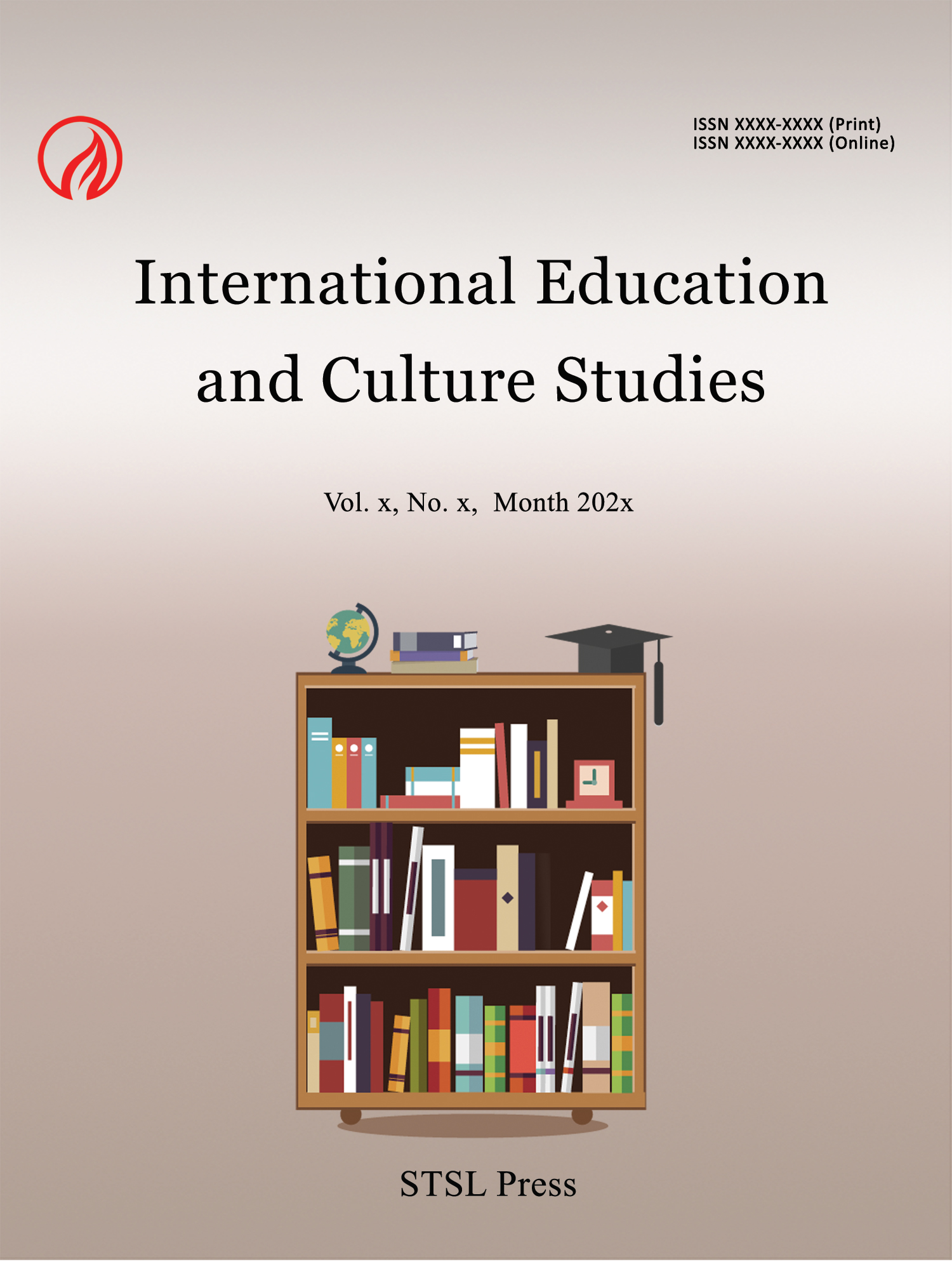Instructional Practices, Strategies, and Interventions for Students with Emotional Behavior Disorders
Mercedes D. Chaves
Abstract
Emotional Disturbance and Behavior Disorders play a huge role in affecting students’ academic performance. Behavior Disorders falls under the category of Emotional Disturbance within the Individuals with Disabilities and Education Act. If a student has an emotional disturbance or behavior disorder, it does not automatically qualify them to receive special education and related services. To be eligible for special education and related services, the disorder must have a significant impact on their academic performance in two specific areas. The first one is the student must have an inability to learn that cannot be explained by intellectual, sensory, or health factors, and the second one is the student must have an inability to build or maintain satisfactory interpersonal relationships with peers and teachers. For the student to be successful in the academic setting, the family, student, school staff, and IEP team must work together and implement several different strategies, interventions, and instructional practices to help the student perform at their cognitive and or grade level and be consistent with these practices.
Paper:
pdf
DOI:
https://doi.org/10.71002/iecs.v5n1p42
 This work is licensed under a
Creative Commons Attribution 4.0 License.
This work is licensed under a
Creative Commons Attribution 4.0 License.
Contact us
- Jerry Lee
- iecs@stslpress.org
